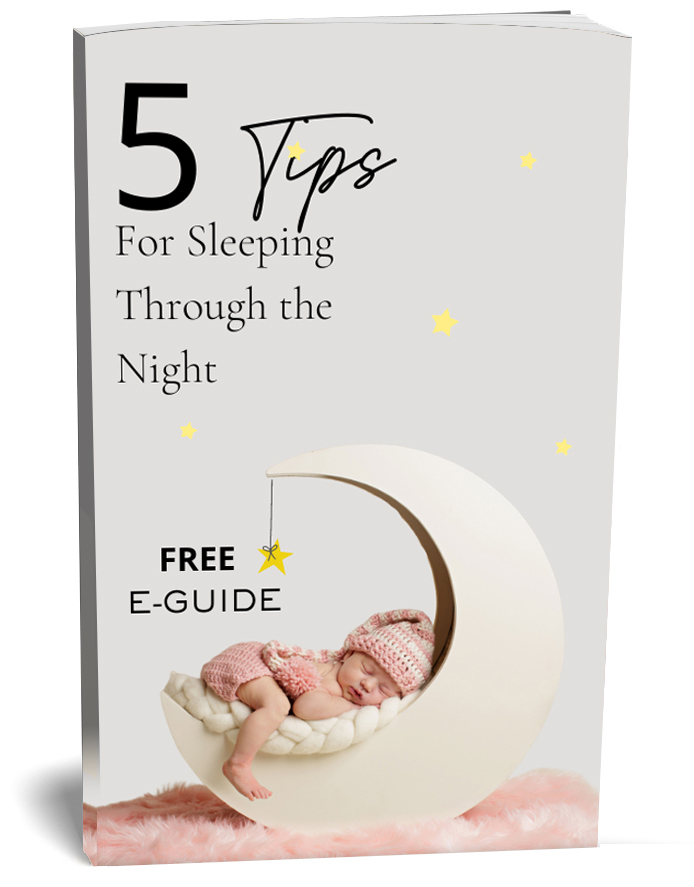
The end of daylight savings time is just around the corner! that means we gain an hour of sleep, but for your baby this can mean another monkey wrench thrown into his/her sleep schedule. If you have an early riser this may mean your baby will wake even earlier! Your baby’s internal sleep clock helps put her to sleep at a certain hour, and helps wake her up at pretty much the same time each morning. So it may be a little difficult to put your baby to sleep at the usual bedtime without some struggles, and she will most likely wake early in the morning with the new time change. To help make time change an easy transition for your baby, follow these 3 simple tips.
- 1. Prepare for the time change, ahead of time. You will have to change your baby’s entire daytime schedule, not just bedtime. So for the 6 days prior to daylight savings, shift your baby’s schedule by 10 minutes each day until you reach the full hour. This will give your baby a chance to adjust, without a drastic change in his/her sleep schedule. A young baby, or a baby that doesn’t adjust well to change, will not be able to handle an hour time change easily. Prepare your baby slowly and ahead of time.
Here is a sample schedule for a 7pm bedtime.
Day Bedtime
Day 1 7:00pm
Day 2 7:15pm
Day 3 7:30pm
Day 4 7:45pm
Day 5 8:00pm
8pm will become 7pm on the night of the time change. From this moment give your baby about a week to adjust. Some babies with really set internal clocks will need two weeks to adjust and start going to bed easily and waking at their regular time.
If you haven’t had enough time to prepare ahead prior to the time change, no worries, you can even do this post time change!
- 2. Get some good blackout blinds. The end of daylight savings time means more light sneaking in during the early morning hours of the morning. Light suppresses melatonin, the hormone that helps your baby sleep. Making the room nice and dark will help tremendously and will help your baby sleep in later. Blackout EZ Window Covers are amazing! No hardware, and they keep the room pitch dark
- 3. Give your baby a week to adjust. As I mentioned your baby’s internal clock is set to get her ready for bed at a certain hour. With the end of daylight savings time, you will be putting your baby down an hour later than she usually goes down. The new 7pm bedtime, will actually be 8pm according to your baby’s internal clock. Meaning your baby will most likely be a little overtired leading to some bedtime struggles. In the morning her internal clock will most likely wake her at her usual time, which is actually an hour earlier with the time change. It will take about a week for your baby’s internal clock to be reset to the new schedule. So be patient, and have your coffee ready in the morning! Some early wakings are inevitable.
The end of daylight savings time can be stressful, especially if your baby is already an early riser. Making sure you prepare ahead of time by gradually shifting your baby’s sleep schedule, and getting good blackout blinds will help the transition go more smoothly. Make sure you give it about a week and your baby should start waking at a decent time. Don’t start any new bad habits, just to get your baby to sleep longer. I know it can be tempting to get a few more Zzz’s, but eliminating bad habits is much harder than just dealing with a few early mornings!





















